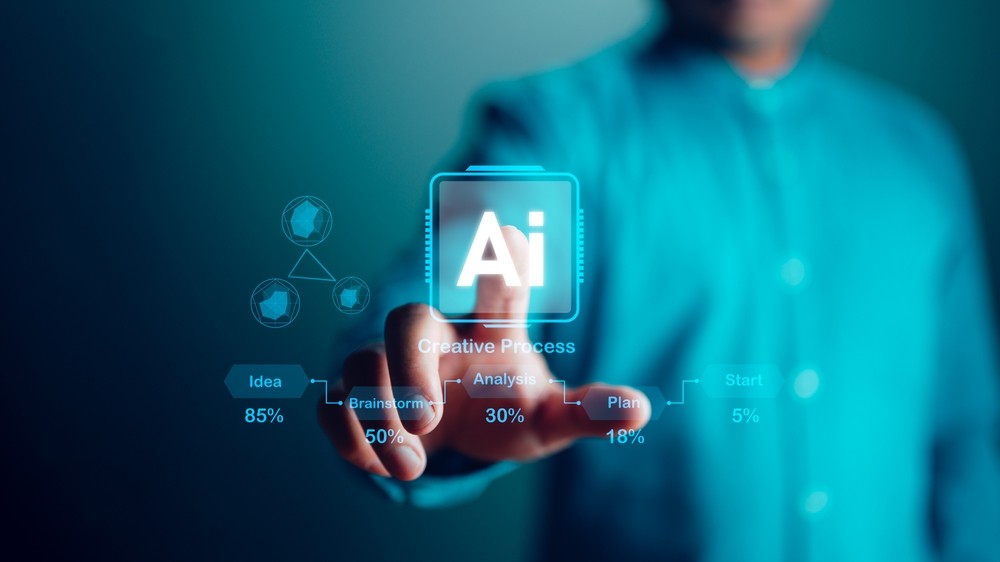The Capgemini Research Institute’s report into the sustainability of generative AI, ‘Developing sustainable Gen AI’, published today, shows that Gen AI has a significant and growing negative environmental impact. However, many organizations are failing to appropriately track this growing footprint, which is jeopardizing their ESG objectives. As businesses weigh up Gen AI’s ability to drive business growth against the technology’s environmental cost, the report outlines measures to design a responsible and sustainable generative AI strategy.
Throughout its lifecycle, generative AI has a significant environmental impact
Generative AI adoption has accelerated rapidly, with previous Capgemini research showing that while only 6% of organizations had integrated generative AI across their business functions and locations as at end-2023, that figure had risen to 24% as at October 2024. As a whole, AI not only drives business growth but also has the potential to enhance energy efficiency and support sustainability initiatives. However, generative AI requires processing vast amounts of data and significant computational power, which consumes large quantities of electricity, water, and other resources.
As a result, nearly half (48%) of executives believe that their use of generative AI has driven a rise in GHG emissions. This increase in carbon footprint is projected to continue to grow. Organizations that currently measure their Gen AI footprint expect the share of generative AI-driven emissions as a proportion of total organizational carbon emissions to rise, on average, from 2.6% to 4.8% over the next two years. To mitigate this, organizations are increasingly turning to renewable energy sources and optimizing their AI infrastructure.
A minority of organizations are prioritizing and addressing the sustainability of Gen AI
With rapid innovations around generative AI, organizations’ sustainability reporting has not kept up with the pace of change. Only 12% of executives that use Gen AI say their organization measures the environmental footprint of their use, and, in fact, only 38% claim to be aware of that environmental impact. Similarly, as companies try to keep up with competitors, performance, scalability and cost are key considerations for generative AI model evaluation, while sustainability is only of marginal importance. Only one fifth of executives rank the environmental footprint of Gen AI as a top 5 factor when selecting or building Gen AI models, and more than half recognize that including sustainability as a key criterion in vendor selection for all generative AI-related requirements would reduce environmental footprint.
Industrywide support needed to properly account for Gen AI’s environmental footprint
With a growing awareness of the environmental footprint of Gen AI, almost a third (31%) of organizations have taken steps to incorporate sustainability measures into the Gen AI lifecycle. For example, over half are either already using smaller models and powering Gen AI infrastructure with renewable energy sources, or planning to do so in the next 12 months.
However, with more than three-fourths of organizations using only pre-trained models and just 4% building their own models from scratch, executives are heavily reliant on their technology partners when it comes to addressing the environmental footprint of Gen AI. In fact, nearly three quarters find it challenging to measure the technology’s footprint due to limited transparency from providers, and the industry lacks a methodology around how to account for environmental footprint.
“If we want Gen AI to be a force for sustainable business value, there needs to be a market discussion around data collaboration, drawing up industry-wide standards around how we account for the environmental footprint of AI, so business leaders are equipped to make more informed, responsible business decisions, and mitigate these impacts,”said Cyril Garcia, Capgemini’s Head of Global Sustainability Services and Corporate Responsibility and Group Executive Board Member. “AI has the potential to accelerate business objectives and sustainability initiatives. We are proposing here practical steps to follow for business leaders to fully harness technologies such as Gen AI and deliver a positive impact for organizations, society and the planet. We are looking forward to this topic being explored in more depth at the AI Summit in February 2025.”
A roadmap for sustainable and responsible Gen AI use
The report suggests that businesses should conduct a thorough assessment both of the financial ROI and environmental footprint of their generative AI projects before launch. They should consider whether they need energy-intensive generative AI technologies in cases where they could use another technology for a similar result. It also proposes that sustainable practices should be implemented throughout AI’s lifecycle, including hardware, model architecture, energy sources for data centers, and implementing sustainable usage policies.
In some cases, generative AI can actually be used to accelerate sustainability objectives, in spite of its environmental footprint. The report highlights the top use cases, including ESG reporting and scenario planning, material optimization for key industries, or sustainable/circular product design. One-third of executives are already using generative AI for sustainability initiatives and two thirds say they expect a reduction of more than 10% in GHG emissions in the next 3-5 years as an output of Gen AI-led sustainable business initiatives. However, this assumption needs to be taken with caution, cites the report, given the limited number of organizations which measure the environmental footprint of their Gen AI use. Continuous research and monitoring are crucial to fully understand and mitigate AI’s environmental impact.
Multidisciplinary governance models and effective policies and industry-wide collaboration between stakeholders across the Gen AI ecosystem will also be important for organizations that want to achieve safe, transparent, sustainable, and ethical generative AI usage. Almost two-thirds (62%) of executives believe that robust guardrails and governance can effectively mitigate generative AI’s environmental impact.







